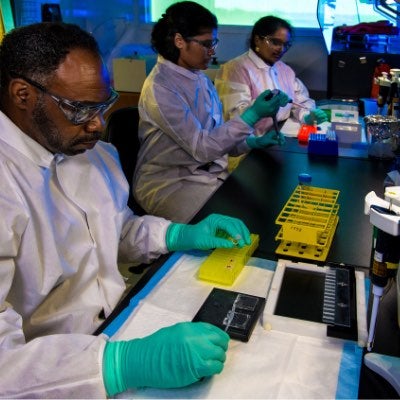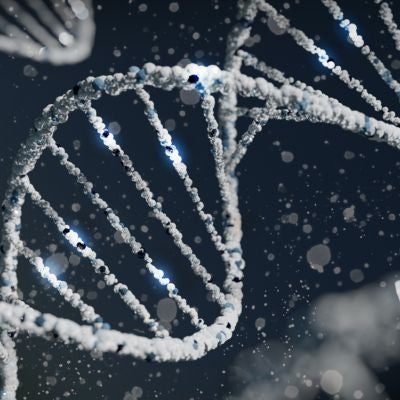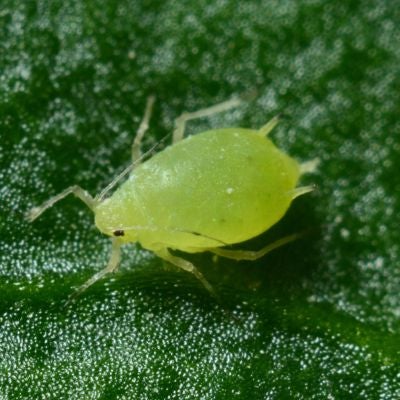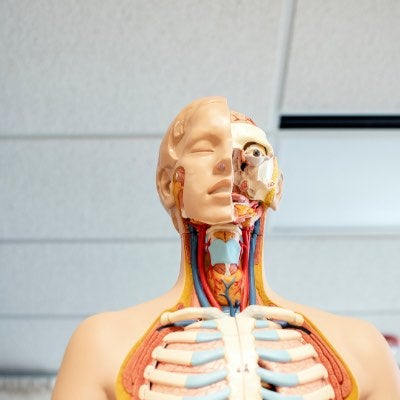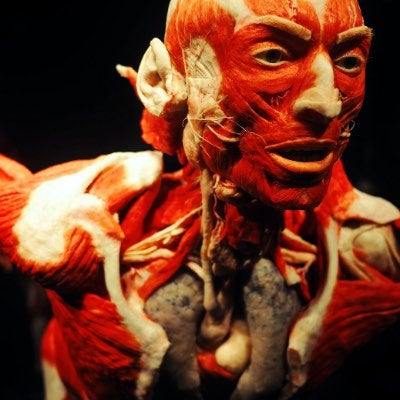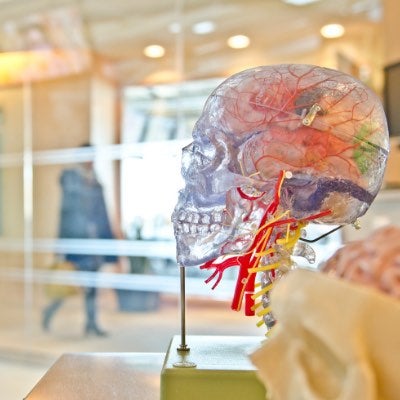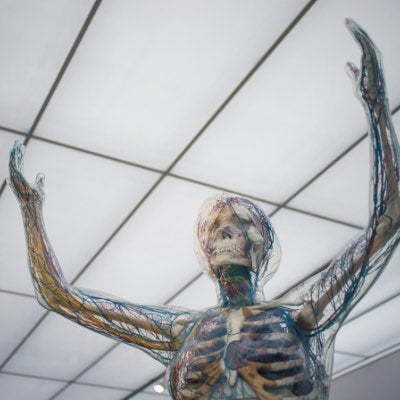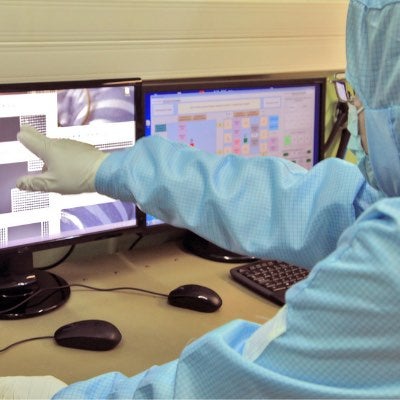A seminar course dealing with the impact of biological discoveries on societal questions and with the social influences that affect biological discovery.
Continue reading "BIO 396: Biology And Society"Category: Session 2
BIO 352: General Genetics
Introduction to basic genetic principles and concepts leading to an understanding of genes, heredity, and the nature of inherited variation.
Continue reading "BIO 352: General Genetics"BIO 331: Parasitology
An introduction to the biology of parasitic organisms, including life cycles, infection pathways, and impacts on hosts.
Continue reading "BIO 331: Parasitology"BIO 223: Fundamentals of Human Anatomy and Physiology II Laboratory
Fundamental structure and function of organ systems of the human body explored through models, dissections, and experiments.
Continue reading "BIO 223: Fundamentals of Human Anatomy and Physiology II Laboratory"BIO 222: Fundamentals of Human Anatomy and Physiology II
Explores the integration of the structures and functions of the human organism through a systems approach; including senses, endocrine, cardiovascular, lymphatic, immune, respiratory, digestive, urinary, and reproductive.
Continue reading "BIO 222: Fundamentals of Human Anatomy and Physiology II"BIO 222: Fundamentals of Human Anatomy and Physiology II
Explores the integration of the structures and functions of the human organism through a systems approach; including senses, endocrine, cardiovascular, lymphatic, immune, respiratory, digestive, urinary, and reproductive.
Continue reading "BIO 222: Fundamentals of Human Anatomy and Physiology II"BIO 221: Fundamentals of Human Anatomy and Physiology I Laboratory
Fundamental structure and function of organ systems of the human body explored through models, dissections, and experiments.
Continue reading "BIO 221: Fundamentals of Human Anatomy and Physiology I Laboratory"BIO 220: Fundamentals of Human Anatomy and Physiology I
Explores the integration of the structures and functions of the human organism through a systems approach; including the biochemical properties of the cell, integumentary, muscular, skeletal, and nervous systems.
Continue reading "BIO 220: Fundamentals of Human Anatomy and Physiology I"BIO 104: Principles of Biology Laboratory II
Selected laboratory exercises to accompany BIO 102.
Continue reading "BIO 104: Principles of Biology Laboratory II"BIO 102: Principles of Biology II
Structure, physiology, and reproduction of plants.
Continue reading "BIO 102: Principles of Biology II"
